
The Inter-University Exchange Project aimed to nurture global human resources who aim to work on the international stage and strengthen the global development of university education while assuring the quality of higher education is a series of projects launched by the Ministry of Education, Culture, Sports, Science and Technology in FY2011 for the purpose of providing financial support for efforts on the formation of collaborative programs with universities in designated countries and regions that conduct study abroad programs for Japanese students and accepting foreign students.
Sources: Reprinted from the web site of the Japan Society for the Promotion of Science (JSPS)
https://www.jsps.go.jp/english/e-tenkairyoku/index.html
Asian countries with rapidly developing cities confront diverse transnational issues of the aggravation in urban and architectural environments such as the expansion of resource and energy demand, global warming, particularly in urban areas, and atmospheric contamination. Our responsibility of urban architecture is to produce human resources for the solution of transnational environmental problems. Our solution to this urgent problem is to provide a high degree of professional and global education with the goal of creating an environment-oriented society with recycling, low-carbon, and low-load systems from a global perspective. Furthermore, to correspond to community-specific problems rooted in diverse histories and cultures, regional practical education system is required to be in accordance with the international standard. Asian countries, where multifidous histories, cultures, and traditions are intertwined, in particular, are involved in serious environmental problems on urban architecture. Therefore, competent human resources are required for sustainable development projects, which have a bird’s-eye view for peripheral regions in the whole of urban architecture, and have understandings of actual conditions in living, and social and cultural backgrounds. They can integrate individual skills and policies, and conduct environmental policies. We offer opportunities for transnational learning on local places to enhance the problem-solving ability, and the practical wisdom obtained through experiences. Therefore, it is effective to implement this quality-guaranteed education program in many countries, sharing an awareness of Asian urban architecture diversity.
In this project, Kyusyu University in Japan, Tongji University in People’s Republic of China, and Pusan National University in Republic of Korea (we have concluded an agreement) have formed consortium of three Universities.
Consequently, this enables to establish the international environment system that students can acquire diverse sustainable processes while interacting and competing with international students.
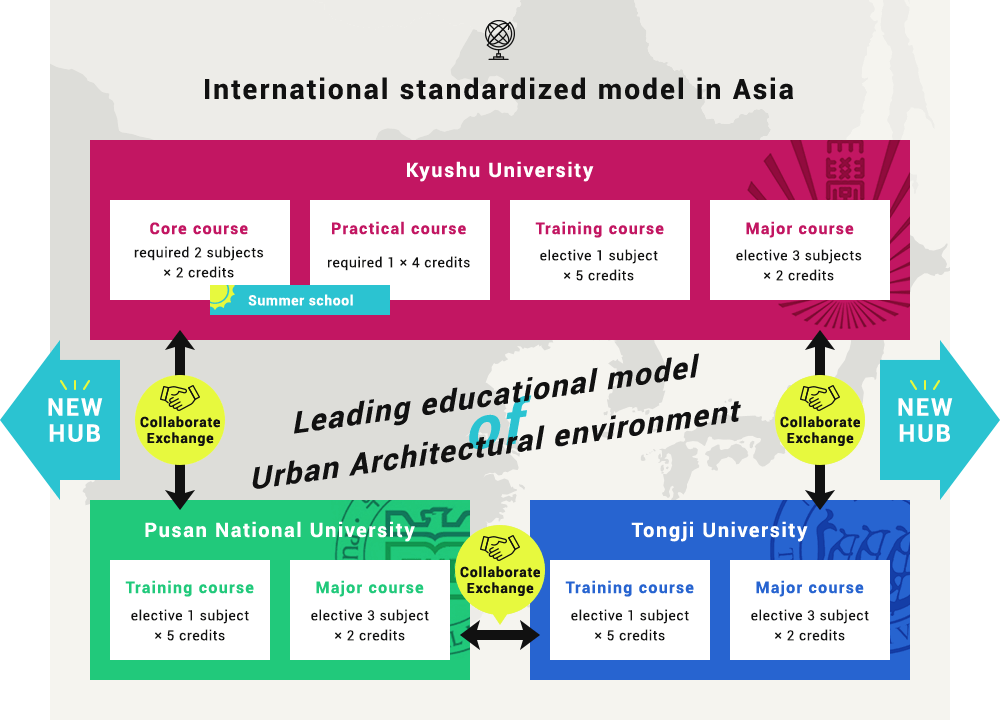
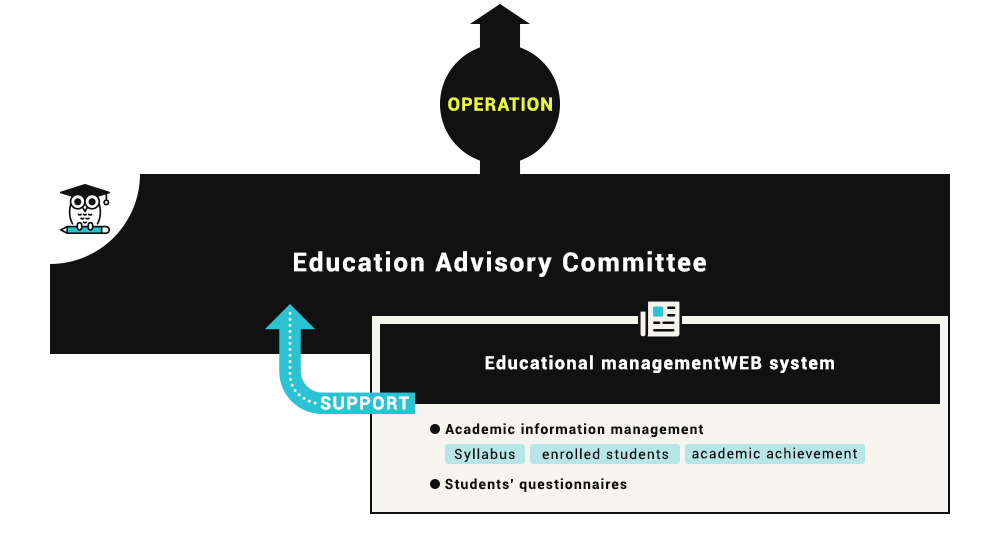
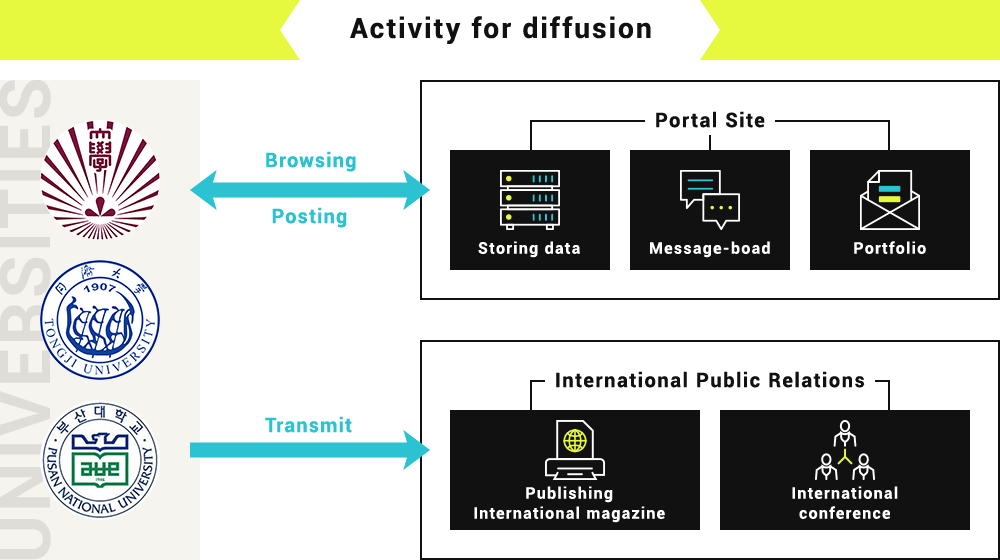
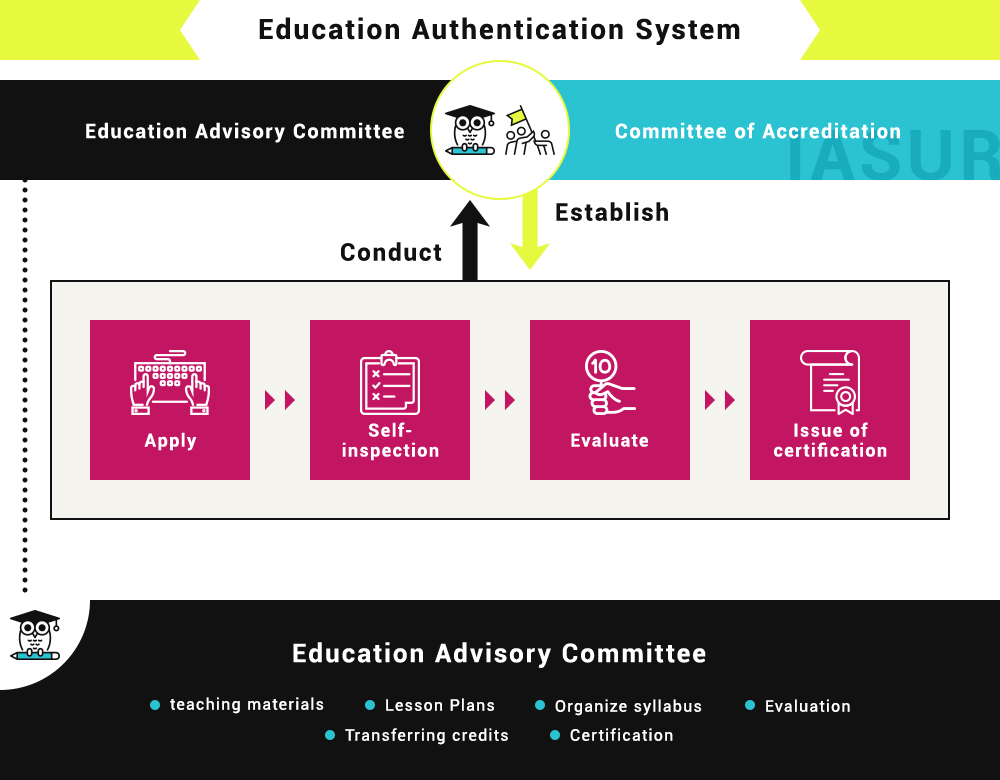
Double degree program allows learner to simultaneously study to obtain degree of two universities by satisfying the acquisition of credits determined by each university and the completion requirements. Department of Architecture, School of Engineering, (with Space System), and Department of Urban Design, Planning, and Disaster Management, Kyushu University has partnered with Tongji University and Pusan National University (we have concluded an agreement) (The figure shows a typical schedule for students of Kyushu University to attend the affiliated universities).
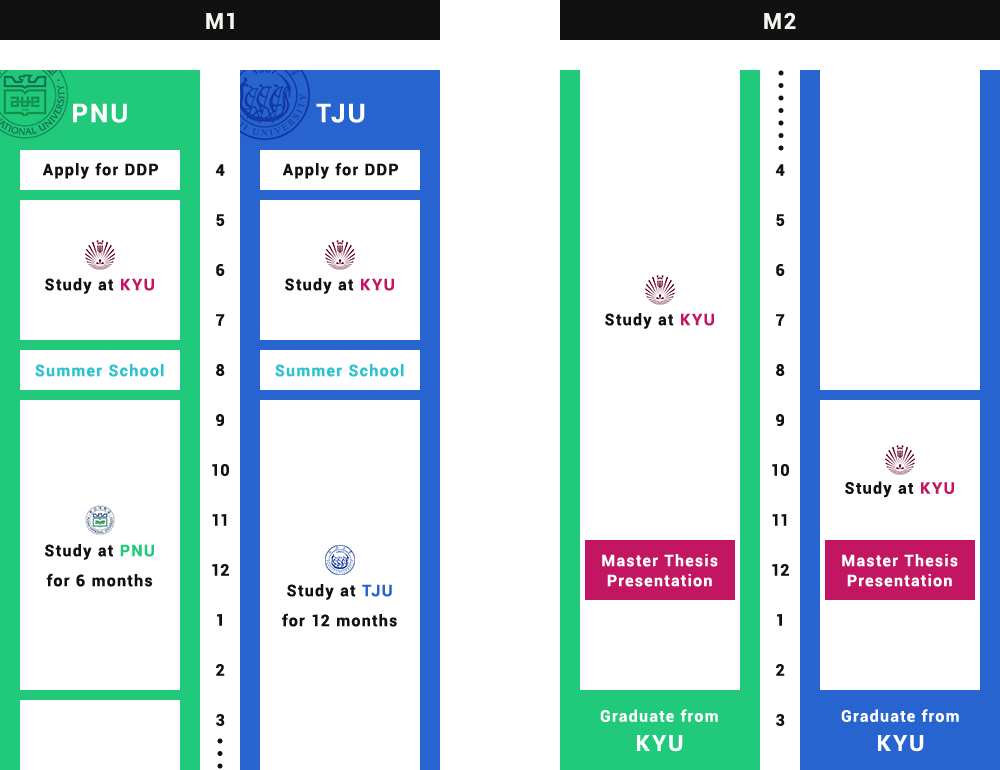
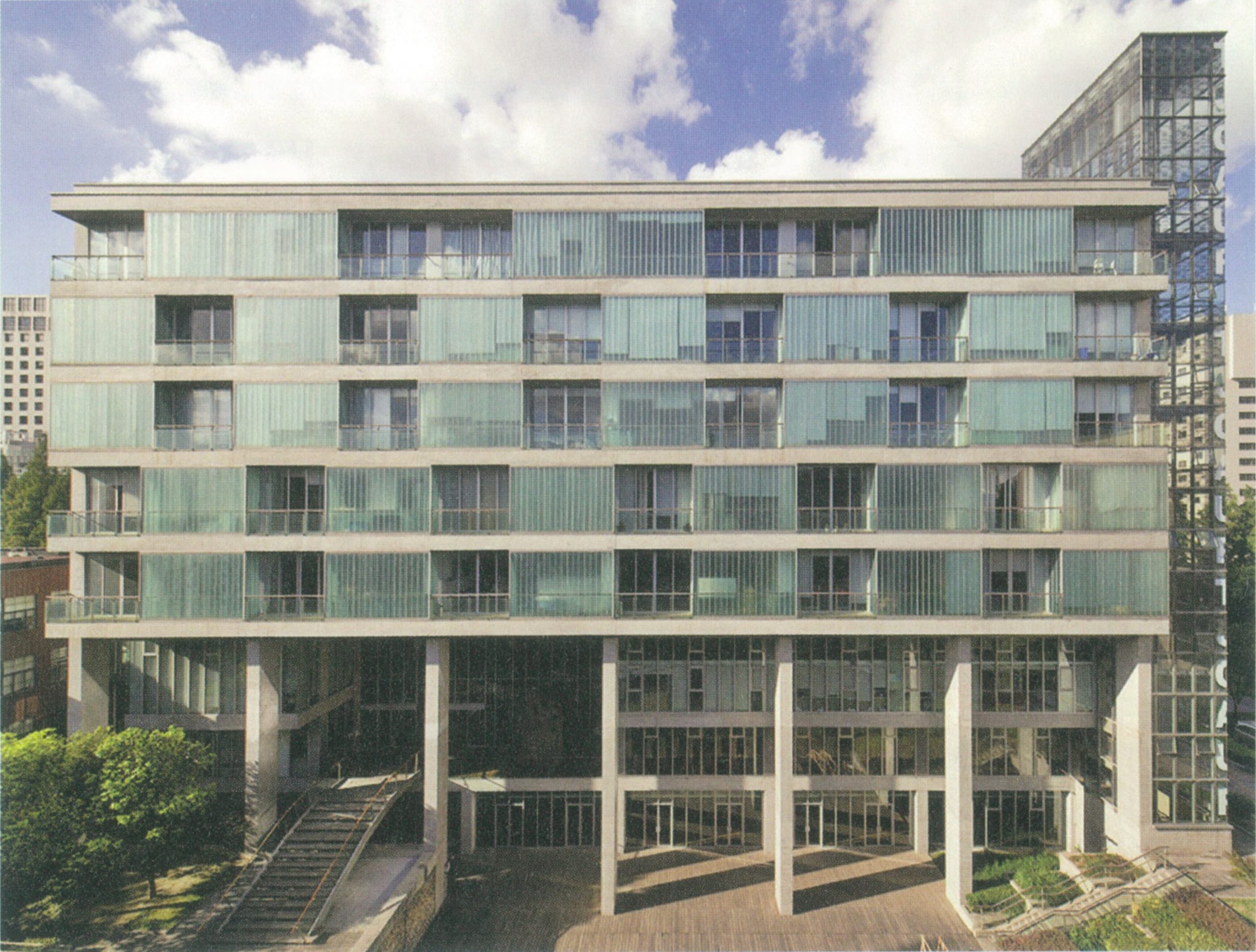
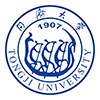

With a history of over a century,Tongji has valued the balanced development of four functions,i.e.education,research,outreach,and calture Inheritance and Innovattion.Being one of China’s most influential architectual educational institutions,the Department of Architecture of Tongji University is an international academic center with a global influence.
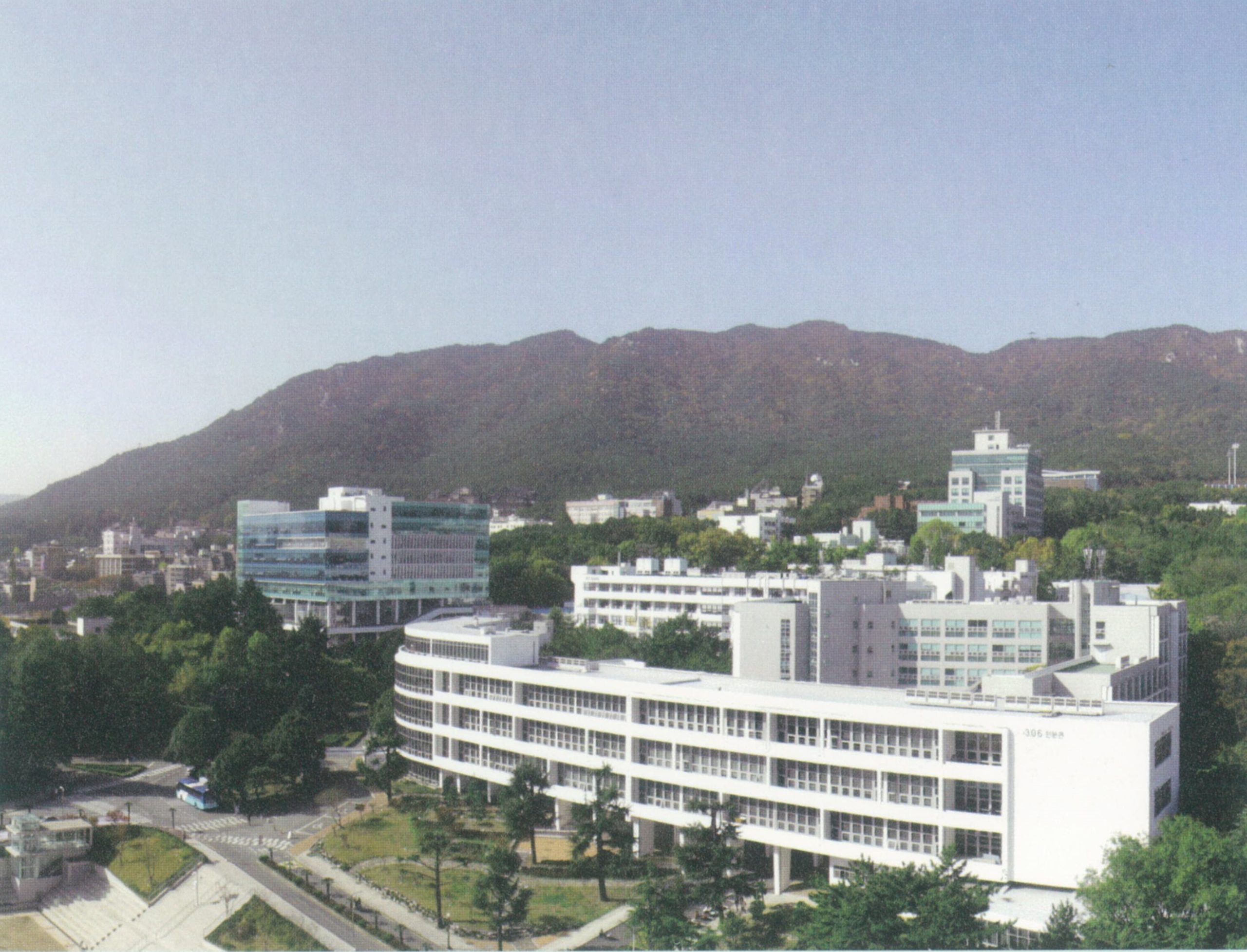


The School of Architecture,College of Engineering and Pusan National University were established in 1953.From the Inception,It was among top six Institutes in the Korea.The School of Architecture of Pusan National University is in the forefront of the adopting International standards of Architectural education since the establishment of Korea Architectual Accrediting Board.